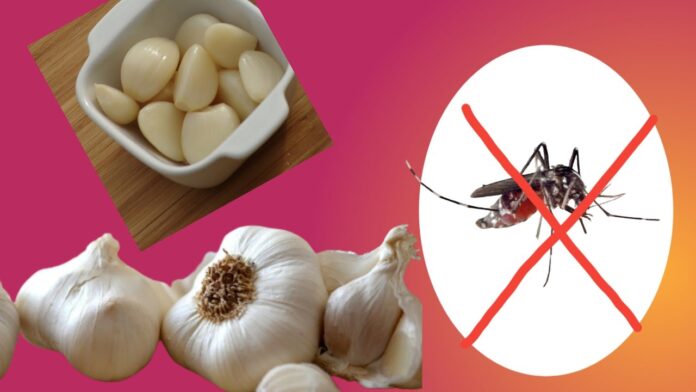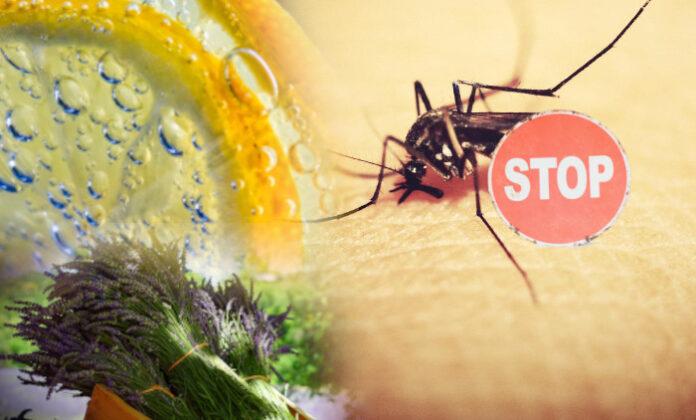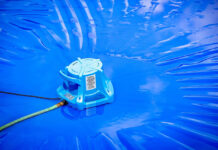As the warmer months approach, the joy of spending time in outdoor spaces is often marred by the presence of unwelcome guests: mosquitoes. These tiny insects are not only a nuisance but can also pose health risks through the diseases they transmit. While chemical repellents are widely available, an increasing number of people are seeking natural ways to keep these pests at bay, desiring solutions that are kinder to the environment and safer for their health. This article delves into natural strategies to repel mosquitoes, ensuring your outdoor moments are enjoyable and serene.
Understanding Mosquitos Behavior
To effectively repel mosquitoes, it’s crucial to understand their behavior. Mosquitoes are attracted to carbon dioxide, body heat, and certain body odors, which is why they seem particularly drawn to humans. Female mosquitoes, the ones that bite, require blood to develop their eggs, making their quest for a host more than just a nuisance; it’s a matter of survival. This understanding is the first step in strategizing how to make your outdoor spaces less inviting to them.
The Power of Essential Oils

Essential oils have gained popularity for their mosquito-repelling properties. Certain oils, such as citronella, lavender, eucalyptus, and lemongrass, emit strong fragrances that mosquitoes find off-putting. These oils can be used in various ways: diluted and applied to the skin, infused into candles, or even added to diffusers to create a mosquito-repellent ambiance around your patio or garden. The key is to maintain a consistent presence of these scents in your outdoor spaces to keep mosquitoes at a distance.
Cultivating a Mosquito-Repellent Garden
Incorporating plants that repel mosquitoes is a beautiful and effective way to enhance your outdoor spaces’ aesthetics and functionality. Herbs such as basil, mint, and rosemary, alongside flowers like marigolds and lavender, are not only visually pleasing but also release scents that mosquitoes dislike. Positioning these plants strategically around seating areas or along walkways can create natural barriers that deter mosquitoes from invading your leisure spaces.
Water Management
Mosquitoes breed in stagnant water, so managing water sources in your outdoor area is crucial. Regularly emptying containers that collect rainwater, ensuring gutters are clean and water flows freely, and maintaining ponds or water features to prevent stagnation are all effective strategies. Introducing fish that feed on mosquito larvae into ponds can also be a natural way to keep the population under control.
Natural Predators
Encouraging the presence of natural mosquito predators is an eco-friendly mosquito extermination approach to reducing their numbers. Bats and certain bird species feed on adult mosquitoes, while dragonflies prey on larvae. Installing bat houses and bird feeders can attract these beneficial creatures to your garden, providing a natural check on mosquito populations.
Atmospheric Adjustments
Mosquitoes are not strong fliers, so creating air movement can be an effective deterrent. Strategically placed fans can make outdoor seating areas less appealing to mosquitoes. The breeze disrupts their flying patterns and disperses the human scents that attract them, making it harder for them to locate their target.
Garlic: A Potent Repellent

Garlic is known for its strong scent, which is not only a deterrent for vampires in folklore but also for mosquitoes in reality. Consuming garlic can cause your body to exude a garlic scent through your pores, making you less attractive to mosquitoes. Additionally, spraying a diluted garlic solution around your garden can serve as a natural repellent.
Smart Lighting Choices
Mosquitoes are attracted to certain types of light, so choosing your outdoor lighting wisely can help minimize their presence. LED lights, yellow bug lights, or sodium lamps are less appealing to mosquitoes than standard incandescent bulbs. Placing lights away from seating areas and using indirect lighting can also reduce your visibility to these pests.
Scent-Free Living
Since mosquitoes are attracted to certain body odors, reducing scented body products such as perfumes, lotions, and scented laundry detergents can make you less appealing to them. Opting for unscented products or those with natural mosquito-repelling scents can be a simple yet effective strategy.
Embrace the Smoke

Smoke has been a traditional method for repelling insects for centuries, and it remains effective against mosquitoes. The use of smoke from natural sources like fire pits, incense sticks, or even specific herbs and wood can create a protective barrier around your outdoor living spaces. Burning sage, rosemary, or cedar not only produces a pleasant aroma for humans but also emits a scent that mosquitoes find repulsive. These materials can be added to a fire pit or used in a controlled manner to produce smoke that keeps the area mosquito-free.
Timing Your Outdoor Activities
Mosquito activity peaks during dawn and dusk, times when the air is cooler and less windy. Planning your outdoor activities outside these peak mosquito hours can significantly reduce your exposure to mosquitoes. If you prefer to be outdoors during these times, consider creating well-protected areas, such as screened-in porches or gazebos, that allow you to enjoy the beauty of these times of day without the nuisance of mosquitoes. Additionally, being aware of mosquito season, which can vary depending on your location but generally coincides with warmer months, can help you prepare and implement your natural repellent strategies more effectively.
Enjoying Your Outdoor Spaces

Implementing these natural strategies requires a holistic approach and consistency. It’s about creating an environment that is inherently less appealing to mosquitoes through scent, taste, and habitat modifications. By doing so, you can enjoy your outdoor spaces more fully, embracing the warmth and beauty of the season without the constant annoyance and risk posed by mosquitoes.
End Note
In conclusion, repelling mosquitoes naturally is a multifaceted endeavor that combines understanding their behavior, utilizing the power of plants and essential oils, managing water sources, encouraging natural predators, making atmospheric adjustments, and being mindful of personal and environmental scents. By adopting these strategies, you can create outdoor spaces that are not only beautiful and enjoyable but also a sanctuary from the buzzing and biting of mosquitoes, allowing you to reclaim the joys of outdoor living in harmony with nature.









